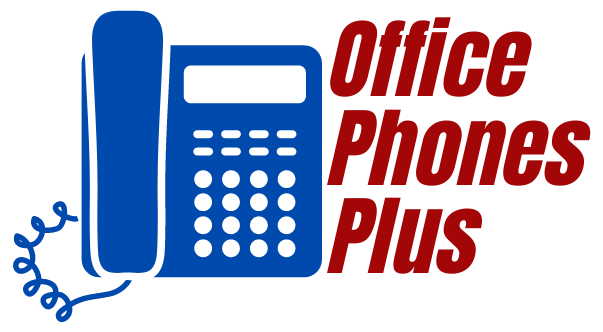Internet Pitfalls in Commercial Real Estate: What You Don’t Know Can Cost You
Imagine signing a lease for a beautiful new office—great location, competitive rent, ideal layout—only to move in and discover there’s no access to high-speed internet. Suddenly, your “perfect” space becomes a productivity nightmare.
It’s a more common scenario than you might think, and one that many business tenants don’t see coming.
Let’s be honest: Internet connectivity is as essential as electricity or running water for a modern office. But when it comes to commercial real estate, internet access isn’t always front and center during lease negotiations. In fact, it often gets overlooked until it becomes a problem.
With that understanding, let’s break down the common internet-related pitfalls in commercial leases and how to avoid them, so you can make smarter, more informed decisions before you sign the dotted line.
What Realtors Aren’t Required to Disclose
It may come as a surprise, but most commercial real estate agents aren’t required to disclose anything about a building’s internet capabilities. (Right? It sounds crazy.) This includes which providers are available, whether the building is fiber-ready, or how long installation might take.
Terms like “internet-ready” or “wired for service” sound reassuring, but they’re vague at best. In many cases, they refer to outdated DSL lines or minimal phone wiring, which don’t support the bandwidth modern businesses require. Unless you explicitly ask, you might not know the real state of connectivity until it’s too late—and you’re stuck with slow speeds or costly infrastructure upgrades.
The bottom line? Never assume a building has the internet access your business needs. Always ask specific, informed questions about what providers are available, what speeds are supported, and whether there’s fiber in the building or just in the street.
How to Investigate Internet Costs and Access Beforehand
Fortunately, there are proactive steps you can take to avoid getting blindsided by internet limitations. Here’s how to dig into the details before you commit to a lease:
- Check provider websites using the building’s exact address. Many major ISPs allow you to search for available plans at a specific location.
- Call providers directly to ask about installation costs, construction lead times, and any additional infrastructure required.
- Talk to current tenants or neighbors in the building. They can give you a realistic picture of speed, reliability, and customer service.
- Ask the landlord if the building is “lit” with fiber or if service requires a custom build-out.
Watch out for hidden costs, such as fiber extension fees, equipment rental, or data overage charges. Even if fiber is available in the street, running it into the building—or to your specific suite—can cost thousands of dollars and take weeks to complete. These are not surprises you want after signing a lease.
Leverage Internet Availability in Lease Negotiations
If your investigation reveals that a building has limited connectivity, that doesn’t have to be a dealbreaker. In fact, it can give you leverage in lease negotiations.
For example, if fiber installation is necessary, you can request:
- Tenant Improvement (TI) dollars to offset installation costs.
- Rent credits or concessions during the time it takes to get connected.
- Landlord-funded buildouts if the upgrade adds long-term value to the property.
- You should also negotiate lease clauses that support your internet needs. Ensure you have:
- Rooftop or conduit access for antennas, satellite dishes, or fixed wireless equipment.
- The ability to bring in your preferred provider, especially if the building currently has an exclusivity agreement with another company.
- Flexibility for future growth, such as the ability to upgrade service or install additional infrastructure as your bandwidth needs evolve.
Internet access is a utility—treat it like one. Just as you’d confirm HVAC or electrical capacity, confirm that your connectivity will support your business today and in the future.
Get Professional Guidance
One of the most effective ways to assess a building’s internet readiness is by relying on guidance from a service provider that can:
- Identify which providers are available at a given address.
- Assess building infrastructure, including fiber access, average speeds, and past outages.
- Compare nearby buildings, so you understand whether you’re getting competitive connectivity.
- Highlight red flags, like limited provider options or long installation times.
Instead of relying on vague claims or outdated marketing materials, professional guidance can give you clear, data-backed insights. That knowledge can be a powerful asset when selecting a space—or negotiating better lease terms.
The Least You Need to Know
Poor internet access can turn a great location into a major liability. Unfortunately, many tenants don’t realize the risks until they’re locked into a lease and facing unexpected costs or weeks-long delays.
To protect your business, do your homework up front. Ask the right questions. Use the right tools. And don’t hesitate to bring internet access into your lease negotiations. With the right approach, you can avoid the pitfalls, secure the bandwidth your team needs, and set your business up for success in its new home.
And if you need professional guidance, know that Office Phones Plus is here to help you. Give us a call at 410-834-4900.
